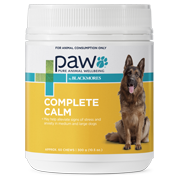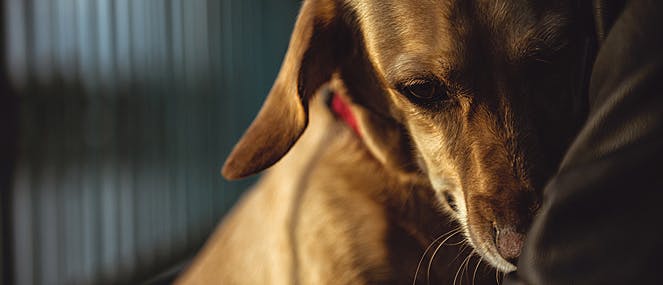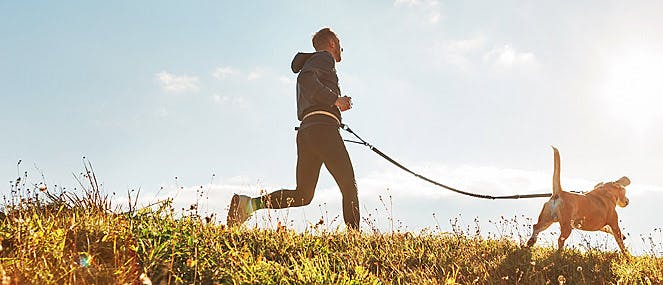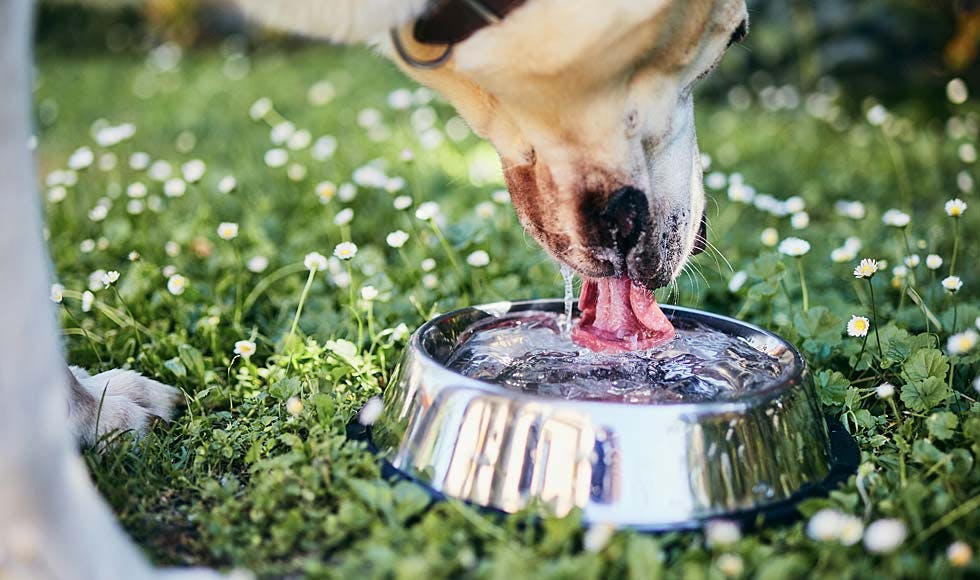
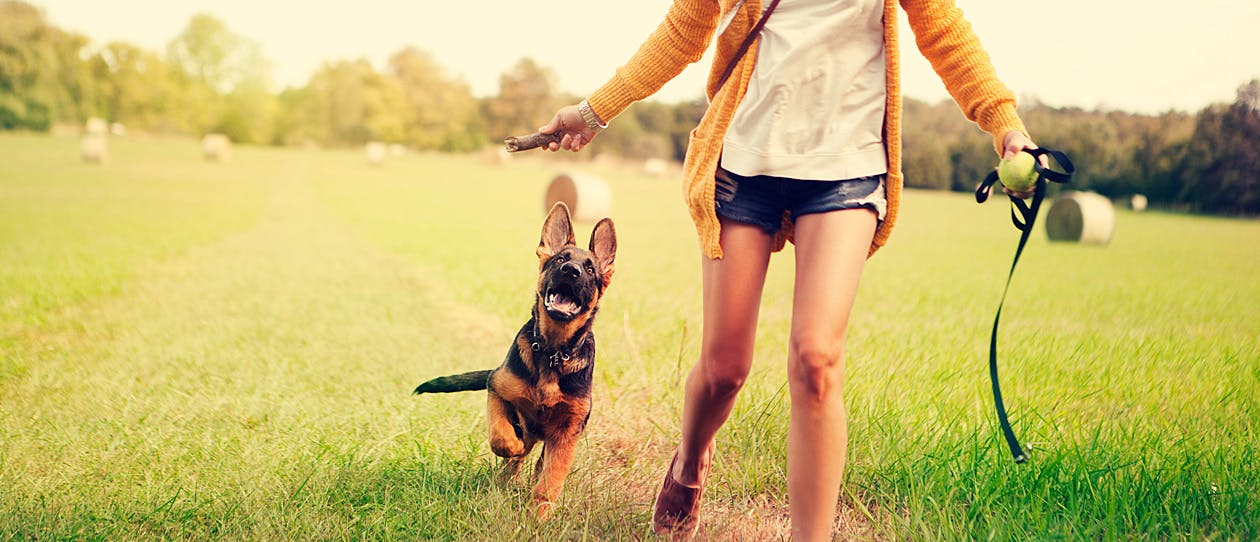

Off- leash exercise has a range of mental and physical benefits for your dog. Having the freedom to run and play not only helps maintain a healthy weight but also builds social skills, in turn minimising aggression. Meeting other dog owners can be great for your social life, too.
But with backyards shrinking, especially if you’re in inner city areas or an apartment, off-leash areas are becoming increasingly important. Every local council provides at least one public off-leash area, but there are rules and responsibilities you must follow to make the park (or beach) pleasant for everyone.
Make sure your doggo comes when called
Training is key here. Before you unclip the leash, make sure you know your dog is going to return to you when called. This will not only prevent your dog harassing other park users or wildlife, but can protect your pet if you notice a potential playmate is showing signs of aggression. You should also be confident that your dog won’t jump up on other people – especially children. If you’ve had an energetic session at your local park and your pooch has been well behaved, consider rewarding them with a dog treat.
Keep an eye on your dog
Paying attention to your pooch instead of your phone can prevent all sorts of mishaps. The first thing to watch for is waste – pick up your dog’s business and you’ll limit the spread of disease, and avoid ruining the day of the person who may unknowingly stumble on your dog’s souvenir. Many parks have free bags, but it’s worth keeping a dispenser on your leash in case of emergency.Given the opportunity, most dogs will eat things they shouldn’t – whether it’s someone else's picnic or a foreign object. Keep other parks users happy (and limit your vet bills) by knowing where your dog is at all times and training it to respond to a command such as “leave it”.
Pick your playmates
It’s not only who your dog plays with but what they play with that’s important, explains expert dog trainer Beau McHenery, from Stellar Paws, an off-leash dog walking service, on Sydney's North Shore. "Balls and toys can be a fun way to interact with and exhaust your dogs but in my experience they are one of the primary reasons behind dog fights," he explains.
"Toys and balls definitely have their benefits for those less able to run or walk alongside their dog, but obsessive or possessive behaviour will cause more harm than help. Stick throwing should also be avoided as they are a surprisingly common cause of injuries to dogs”.
Also remember that active dogs will play for a full hour straight without any breaks. It is good practice to encourage 10-15 minute drink breaks, or even more frequent on hotter days.
Check the off-leash times for your park
Some council areas are only off-leash on a time-share basis – often to avoid conflicts with sporting events – so make sure you take note of signage. If your local park is a 24-hour off-leash area, it may still make sense to take your dog during quieter periods (early in the morning or late in the day), especially in hot weather or if they suffer from anxietyIs your pooch suited to an off-leash park?
Is your dog really suited to an off-leash environment? If it’s unvaccinated, aggressive or on heat, the answer is no. If your dog is of the hyper variety, it may pay to exercise it before you get there (try walking to the park instead of driving). And even if you have the best-behaved pooch in the park, be considerate of the fact that other people may not like dogs or may have a genuine fear.
4 weeks to a better behaved dog
Does your pooch chew on shoes, jump up on visitors, bark inappropriately or toilet inside?
Dogs can exhibit all kinds of misbehaviours, but many can be easily remedied by putting some simple measures in place. This step by step email series will identify potential reasons for your dog’s behaviour, suggest some simple changes, and help ensure you and your pet enjoy many more happy days together.
You'll learn how to:
- Identify potential causes of behavioural issues
- Help reduce anxiety levels
- Improve unwanted behaviours
- Improve your relationship with your furry friend

